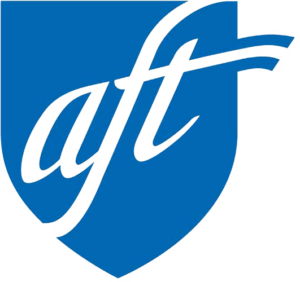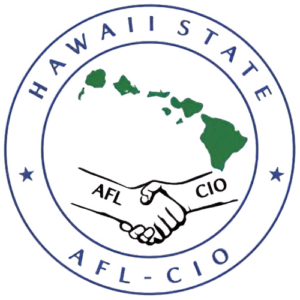ARTICLE IX, ACADEMIC FREEDOM
A. ACADEMIC FREEDOM
Faculty Members are entitled to freedom in the classroom in discussing subjects of expertise, in the conduct of research in their field of special competence, and in the publication of the results of their research. The Employer recognizes that Faculty Members, in speaking and writing outside the University upon subjects beyond the scope of their own field of study, are entitled to precisely the same freedom and are subject to the same responsibility as attaches to all other individuals. When thus speaking as an individual, they should be free from censorship or discipline.2/
The commitment to academic freedom in the conduct of research does not imply that a Faculty Member’s research is not subject to critical review and judgment as to its quality and significance.
B. PROCEDURE FOR DEALING WITH ALLEGED INFRINGEMENTS
1. A Faculty Member may discuss possible violations of her or his academic freedom with the Department or Division Chair, or the appropriate Administrative Officer, in an attempt to resolve the issues.
2. Provided that a grievance alleging a violation of Paragraph A above has not been filed, if a satisfactory adjustment of the matter does not result, the Faculty Advisory Committee on Academic Freedom (FACAF) will be convened by the appropriate Administrative Officer within twenty (20) calendar days of the receipt of the written request from the Faculty Member. If such a grievance has been previously filed, the Faculty Member may not request that a FACAF be convened. The Faculty Member may present a case, confidentially and orally, to the FACAF, which will then informally inquire into the situation to determine whether there is a probable violation of the provision on academic freedom, and attempt to effect an adjustment.
3. If the committee concludes that academic freedom is in jeopardy by the probable violation of Paragraph A above, and that no adjustment can be effected, it will then request a written statement from the complaining Faculty Member and proceed to collect all factual materials available relating to the case.
4. After consideration of these materials, the FACAF will make a recommendation to the appropriate Administrative Officer within thirty (30) calendar days from the date in which the Committee was first convened. The Administrative Officer shall take action, based upon the recommendation of the FACAF, within twenty (20) calendar days after receiving the Committee’s report. A copy of the Committee’s report and recommendation and a written statement of the action taken by the Administrative Officer shall be sent by the Administrative Officer to the appropriate Chancellor, Provost, or Vice President and the Faculty Member.
5. If the Administrative Officer takes action which does not satisfy the Faculty Member, and the Faculty Member believes the action violates Paragraph A above, the Faculty Member may file a grievance at Step 1 of the Grievance Procedure (Article XXIV).
C. ADVISORY COMMITTEE ON ACADEMIC FREEDOM
The Faculty Advisory Committee on Academic Freedom shall consist of five (5) members appointed from the Faculty Personnel Panel, with exceptions made under the exclusion option pursuant to Article XV. A majority of the committee shall be from the campus in which the alleged infringement occurred. Additionally, at UH-Manoa and the UH-Hilo, at least two (2) members of the majority from the respective campus shall be from the school or college of the Faculty Member.
D. PROCEDURE FOR DEALING WITH ALLEGED BREACH OF PROFESSIONAL ETHICS AND/OR CONFLICTS OF INTEREST IN RESEARCH OR SCHOLARSHIP
Because the Faculty possess unique and expert qualifications to assess breaches of professional ethics, including conflicts of interest in research or in scholarship, the President or designee may, at his/her option, appoint not more than five (5) Faculty Members to investigate an allegation thereof, before imposing discipline, on the following conditions:
• the accused Faculty Member and the Union are informed in writing that such an investigation is about to be conducted, and are informed of the names of the appointed Faculty Members; and
• the Faculty Members who are appointed do consent to serve; that the appointed Faculty Members are disqualified from participation in any departmental personnel deliberation or decision whatsoever during the period of their appointment as investigators, and from any personnel deliberation or decision whatsoever involving the accused for a period of three (3) years following the termination of their appointment as investigators.
The investigators may render their opinion regarding whether a breach of professional ethics and/or a conflict of interest has occurred, and an opinion regarding the severity of the breach and any curative steps that ought to be taken in amelioration thereof. They may not, however, express an opinion regarding the appropriate discipline, if any, to be imposed by the Employer. Any disciplinary action arising out of the investigation shall be in accordance with Article XVIII.
_________________________
2/In the exercise of Academic Freedom, Faculty Members will be held to the Professional Responsibilities set forth in Article IV, Professional Responsibilities and Workload.



